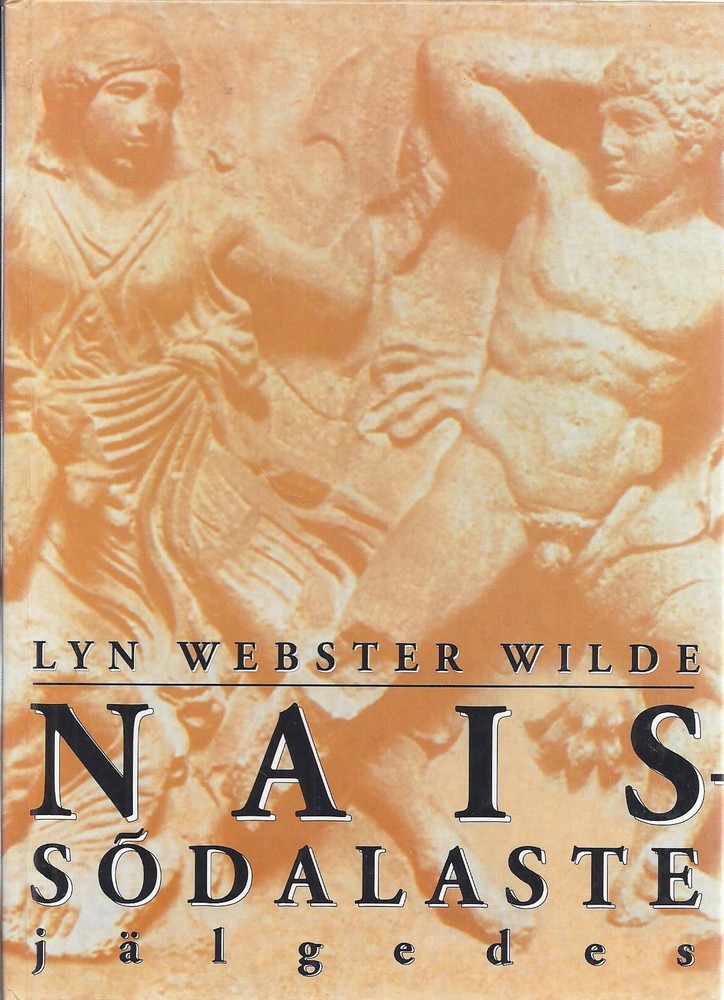



The goddesses became consorts, the queens became priestesses, females gave up being warriors and became possessions, the essential female spirit of shakti is subverted to domesticity and pornography. We start to feel what it must have been like - in what is now Anatolia, or the Ukraine, or in Crete, or north Africa - to be part of the ancient matrilocal world, and see it crumble as patriarchal and violent incomers and their heroes swept the old cultures away. She combines an admirable crusade to visit in person the places which may have been home to the Amazons (and some are quite difficult to reach), and to meet and question the archaeologists who have been labouring to excavate and understand the cultures of those long-lost days, with a very accessible overview linking everything together through a long period of time and over vast distances. Lyn Webster Wilde summons up a dazzling vision of how women could be, what they were, in the Bronze Age, those eras before writing started. It's hard to read more than a few pages of this book at a time, because it is densely filled with ideas and suggestions which need time to integrate themselves before we press on. Combining scholarly penetration with a sense of adventure, Webster Wilde has produced a coherent and absorbing book that challenges preconceived notions, still disturbingly widespread, of what men and women can do. In the hidden world of the Hittites, near the Amazons' ancient capital of Thermiscyra in Anatolia, she unearthed traces of powerful priestesses, women-only religious cults, and an armed, bisexual goddess - all possible sources for the ferocious women. North of the Black Sea she found archaeological excavations of graves of Iron Age women buried with arrows, swords and armour. Did they really exist? For centuries, scholars consigned them to the world of myth, but Lyn Webster Wilde journeyed into the homeland of the Amazons and uncovered astonishing evidence of their historic reality.

'Golden-shielded, silver-sworded, man-loving, male-child slaughtering Amazons,' is how the fifth-century Greek historian Hellanicus described the Amazons, and they have fascinated humanity ever since.


 0 kommentar(er)
0 kommentar(er)
